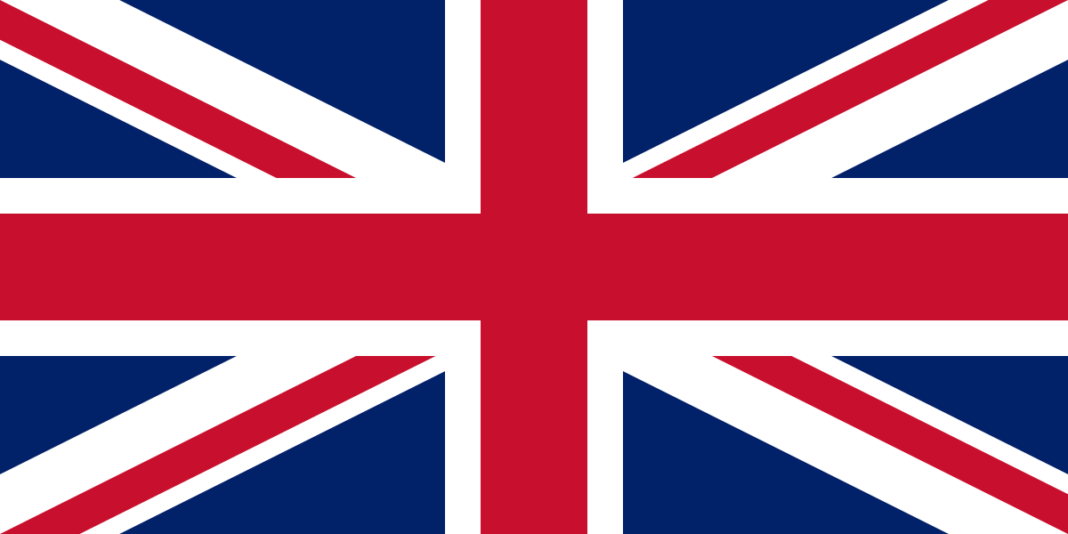The United Kingdom is a group of four countries: England, Scotland, Wales, and Northern Ireland. Each of these countries has its own unique history, culture, and traditions, but they are all united by their common language and political system. The UK has been a major player in world history and continues to be an important economic and political power. This article will explore the similarities and dissimilarities among the countries of the United Kingdom, examining the ways in which they are both united and distinct.
Table of contents
History and Politics
The history and politics of the UK are complex and intertwined. England has been the dominant force in the UK for centuries, with its monarchs ruling over the other countries. Scotland and Wales were both independent nations before being incorporated into the UK, and Northern Ireland was created out of the partition of Ireland in the early 20th century.
The UK has a constitutional monarchy, with the monarch as the head of state and the prime minister as the head of government. All four countries have their own parliaments or assemblies, with varying degrees of devolved power. Scotland and Wales have their own legal systems, while Northern Ireland and England share a legal system.
There are also differences in the political parties that dominate each country. The Labour Party is strong in Wales and Scotland, while the Democratic Unionist Party is the largest party in Northern Ireland. The Conservative Party has traditionally been dominant in England, but this has been changing in recent years.
Culture and Traditions
Each country in the UK has its own unique culture and traditions. England is known for its literature, music, and theater, with London being a hub of artistic activity. Scotland has a strong cultural identity, with its own language, music, and dance. Wales is famous for its singing, particularly the male voice choirs. Northern Ireland has a rich musical heritage, with traditional Irish music being a big part of its culture.
Each country also has its own national symbols, such as the Welsh dragon, the Scottish thistle, and the English rose. They also have their own traditional foods and drinks, such as haggis in Scotland, Welsh rarebit in Wales, and black pudding in England.
Religion is also a factor in the cultural differences between the countries. Scotland and Northern Ireland have a strong Protestant tradition, while Wales is predominantly non-conformist and England has a mix of Protestant and Catholic denominations.
Economy and Industry
The UK has a diversified economy, with a mix of services, manufacturing, and agriculture. London is a major financial center, while other cities such as Manchester, Edinburgh, and Cardiff have thriving business sectors. Each country also has its own unique industries. Scotland has a strong whiskey industry, Wales is known for its slate mining, and Northern Ireland has a strong agricultural sector.
There are also regional differences in wealth and employment. London and the southeast of England are the wealthiest areas, while the north of England and Wales have higher rates of unemployment and poverty.
Geography and Environment
The geography and environment of each country in the UK is unique. England is mostly flat, with some hilly areas in the north and west. Scotland has a mix of mountains, glens, and lochs, while Wales has rugged coastlines and mountains. Northern Ireland has a mix of coastal plains, hills, and mountains.
Each country also has its own national parks, such as the Lake District in England, Snowdonia in Wales, and the Cairngorms in Scotland. There are also differences in the wildlife and plants that are found in each country, with some species being unique to certain areas.
The UK is also known for its changing weather patterns. Scotland and Northern Ireland tend to have cooler and wetter climates, while England and Wales have milder and drier weather. The UK is also affected by storms and flooding, which can impact different regions in different ways.
Education and Healthcare
Education and healthcare are both devolved issues in the UK, meaning that each country has its own system. In England, there is a mix of state-funded and private schools, while Scotland and Wales have more of a focus on public education. Northern Ireland has a similar system to England but with some differences in the curriculum.
In terms of healthcare, each country has its own National Health Service (NHS) but with some variations in how they are run. England and Wales have similar systems, while Scotland and Northern Ireland have more autonomy in how their healthcare is managed.
Bibliography
- BBC News. (2019). United Kingdom: A Brief History. Retrieved from https://www.bbc.com/news/uk-31621270
- The Royal Family. (2021). The Monarchy Today. Retrieved from https://www.royal.uk/monarchy-today
- Visit Britain. (2021). The Culture of the United Kingdom. Retrieved from https://www.visitbritain.com/us/en/things-to-do/culture-united-kingdom
- GOV.UK. (2021). UK Economy. Retrieved from https://www.gov.uk/government/publications/uk-economic-outlook-june-2021/uk-economy
- National Parks UK. (2021). About National Parks. Retrieved from https://www.nationalparks.uk/about-national-parks
- NHS. (2021). About the NHS in England. Retrieved from https://www.nhs.uk/about-the-nhs-in-england/
- NHS Scotland. (2021). About NHS Scotland. Retrieved from https://www.nhsinform.scot/who-we-are/about-nhs-scotland
- NHS Wales. (2021). About NHS Wales. Retrieved from https://www.wales.nhs.uk/aboutus/our-structure



 For all latest articles, follow on Google News
For all latest articles, follow on Google News